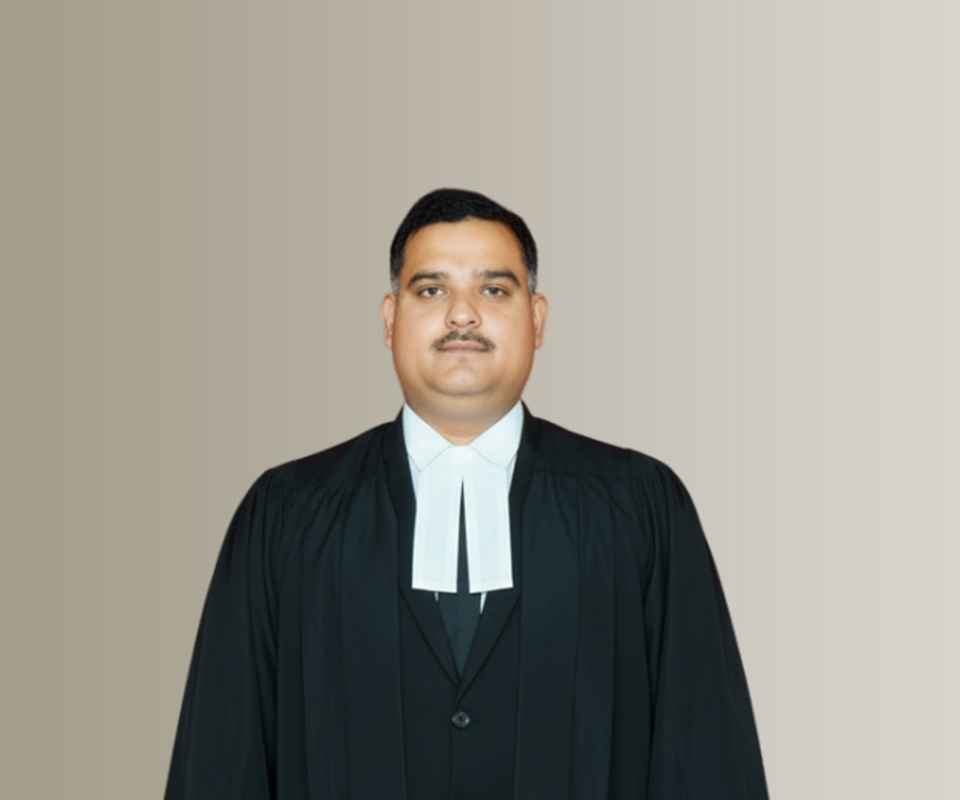Answer By law4u team
Cross-examination is a crucial tool in many legal systems, providing a means for challenging the credibility and reliability of witness testimony. In international arbitration, however, the approach to cross-examination is generally more flexible than in national courts. While cross-examination is allowed in arbitration proceedings, its use and scope are subject to the discretion of the arbitration tribunal and the agreement between the parties. Tribunals often seek to balance the need for effective fact-finding with the procedural flexibility that arbitration offers.
Is Cross-Examination Allowed in Arbitration Proceedings?
Tribunal Discretion:
In most arbitration proceedings, cross-examination is permitted, but it is typically subject to the tribunal's discretion. The tribunal may decide whether cross-examination is necessary, depending on the importance of the witness’s testimony and the overall procedural efficiency of the case.
The tribunal has the authority to limit the scope and extent of cross-examination, especially when it believes that oral testimony may not add value or that the case can be decided based on written submissions and documentary evidence.
Example: In an arbitration between two multinational companies, if one party submits extensive documentary evidence supporting its claims, the tribunal may find that cross-examination of witnesses is unnecessary and opt for a written exchange of statements instead.
Use of Witness Statements:
Most international arbitrations rely heavily on written witness statements, which parties submit in advance of hearings. These statements outline the witness’s testimony on the facts of the case.
Cross-examination is typically permitted in hearings to test the credibility of these written statements. However, the tribunal may allow for cross-examination only on specific aspects of the witness's testimony that are critical to resolving the dispute.
Example: A party may submit a written witness statement from an employee regarding breach of contract. The opposing party may request cross-examination to challenge the witness’s account on key factual points, such as the timing of events.
Expert Testimony and Cross-Examination:
In cases involving complex technical issues, expert witnesses often provide critical evidence. Cross-examination of expert witnesses is generally allowed but may be more limited than that of factual witnesses.
Experts are usually asked to submit their written reports, and the tribunal may allow limited cross-examination to challenge the methodology or conclusions presented in the report, especially when their opinions are pivotal to the outcome.
Example: In a construction dispute, a party may call an expert in engineering to testify about structural defects. Cross-examination can focus on the qualifications and reasoning behind the expert’s conclusions, helping the tribunal assess the credibility of the opinion.
Tribunal's Role in Managing Cross-Examination:
The tribunal often takes an active role in managing the cross-examination process. The tribunal may set time limits for cross-examination or rule on specific issues that can be addressed during the questioning.
Example: If a party seeks to cross-examine a witness at length on irrelevant issues, the tribunal may intervene and direct the questioning to ensure that the process remains focused on the core issues of the dispute.
Differences in Institutional Rules:
The rules of different arbitral institutions may vary on the extent to which cross-examination is allowed. Some institutions are more formal and may provide detailed guidelines on witness testimony and cross-examination (e.g., ICC Rules), while others may offer more flexibility in procedural matters (e.g., LCIA Rules).
Example: Under the ICC Rules, witnesses must submit a written statement in advance of hearings, and cross-examination may be allowed at the discretion of the tribunal. In contrast, SIAC may allow parties more freedom to decide on the necessity of cross-examination.
Key Considerations Regarding Cross-Examination in Arbitration:
Fairness and Due Process:
Cross-examination is an essential part of ensuring fairness in arbitration. It allows parties to challenge the evidence and testimony presented by the opposing side and ensures that all relevant facts are considered before a decision is made.
Example: In a dispute over a breach of contract, if one party presents a witness who provides contradictory testimony, the other party may cross-examine that witness to clarify discrepancies.
Efficiency and Cost Considerations:
One of the major advantages of arbitration is its efficiency. While cross-examination is allowed, tribunals often prefer to rely on written evidence and witness statements to expedite proceedings. This approach can also reduce the costs associated with lengthy oral hearings.
Example: In complex international commercial arbitration, cross-examination may only be allowed if it is deemed essential for resolving the key issues, particularly when the case has already been substantially proven through documentary evidence.
Impact of Party Agreement:
Parties can often agree on how cross-examination will be conducted, including whether it will take place at all. In some cases, the parties may waive cross-examination if they agree that written witness statements and documentary evidence are sufficient to resolve the dispute.
Example: In a straightforward contractual dispute, the parties may agree that they do not require cross-examination, allowing the tribunal to decide the case based on written submissions alone.
Limitations on Cross-Examination:
While cross-examination is allowed, it is generally more limited than in national court systems. Tribunals often place constraints on the number of witnesses or the duration of cross-examination to ensure the process remains efficient.
Example: If the witness is only providing testimony on a minor point, the tribunal may limit the duration of cross-examination to avoid unnecessary delays.
Example:
Scenario:
In an international arbitration between TechSolutions Inc. (claimant) and GlobalCom Ltd. (respondent), TechSolutions claims that GlobalCom breached a software development agreement.
Witness Statements and Cross-Examination:
Witness Statements:
Both parties submit written witness statements. The claimant submits a statement from its project manager outlining how GlobalCom failed to deliver the software as per the contract.
Request for Cross-Examination:
GlobalCom requests to cross-examine the project manager to challenge the timing of the alleged failure and the actions taken by TechSolutions. The tribunal grants cross-examination but limits it to the issues related to the timing of the breach.
Tribunal’s Role:
The tribunal manages the cross-examination process by setting a time limit and ensuring that questions are focused on the key points of dispute.
Expert Evidence:
Both parties provide expert reports on software development standards. The tribunal allows limited cross-examination of the experts to address the technical aspects of the dispute, such as industry standards and the interpretation of the contract.
Conclusion:
Cross-examination is allowed in arbitration proceedings but is typically subject to the discretion of the tribunal. Tribunals use their discretion to balance fairness with efficiency, ensuring that cross-examination occurs only when necessary to resolve factual disputes. The flexibility of arbitration allows parties to negotiate procedural rules, including those related to cross-examination, to meet the specific needs of the case.







